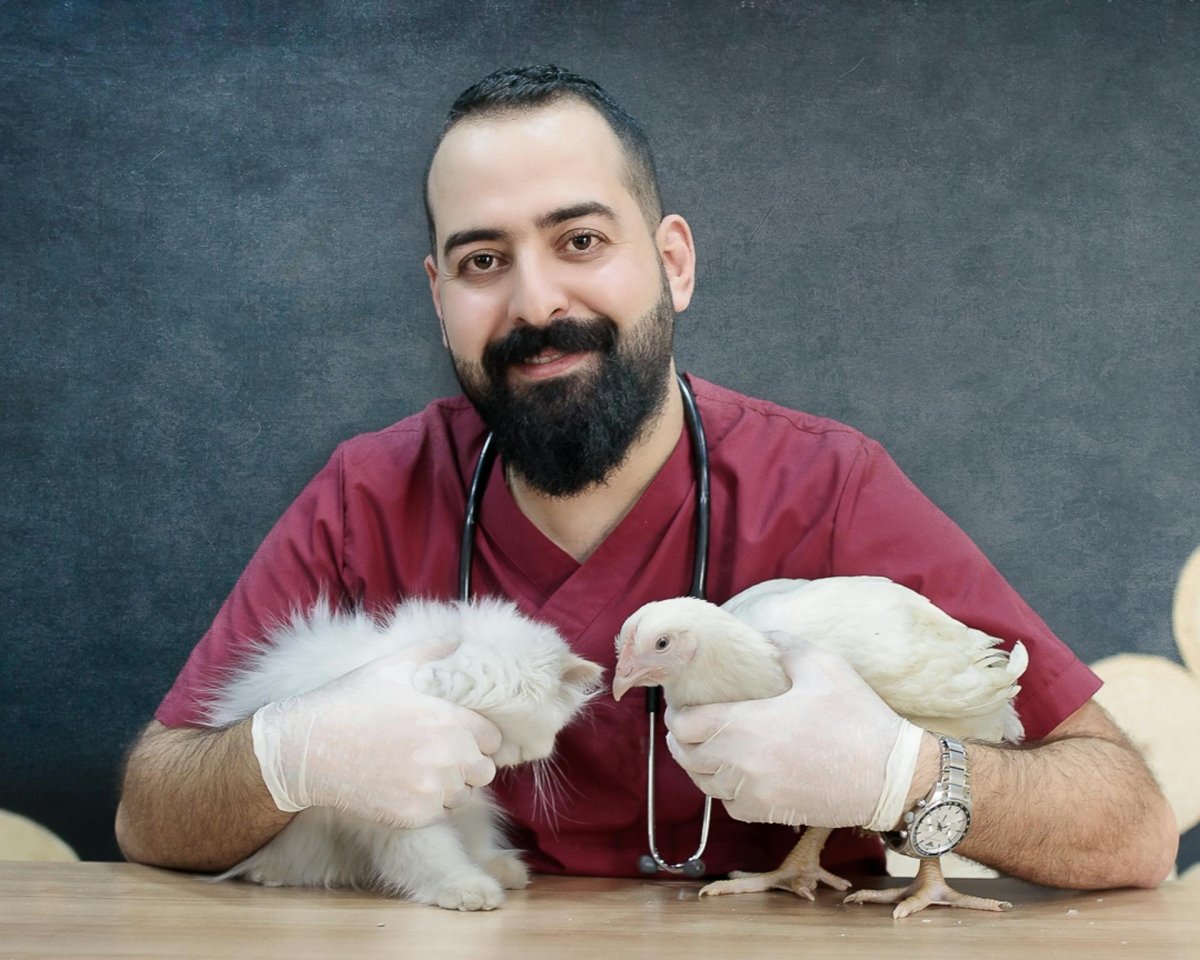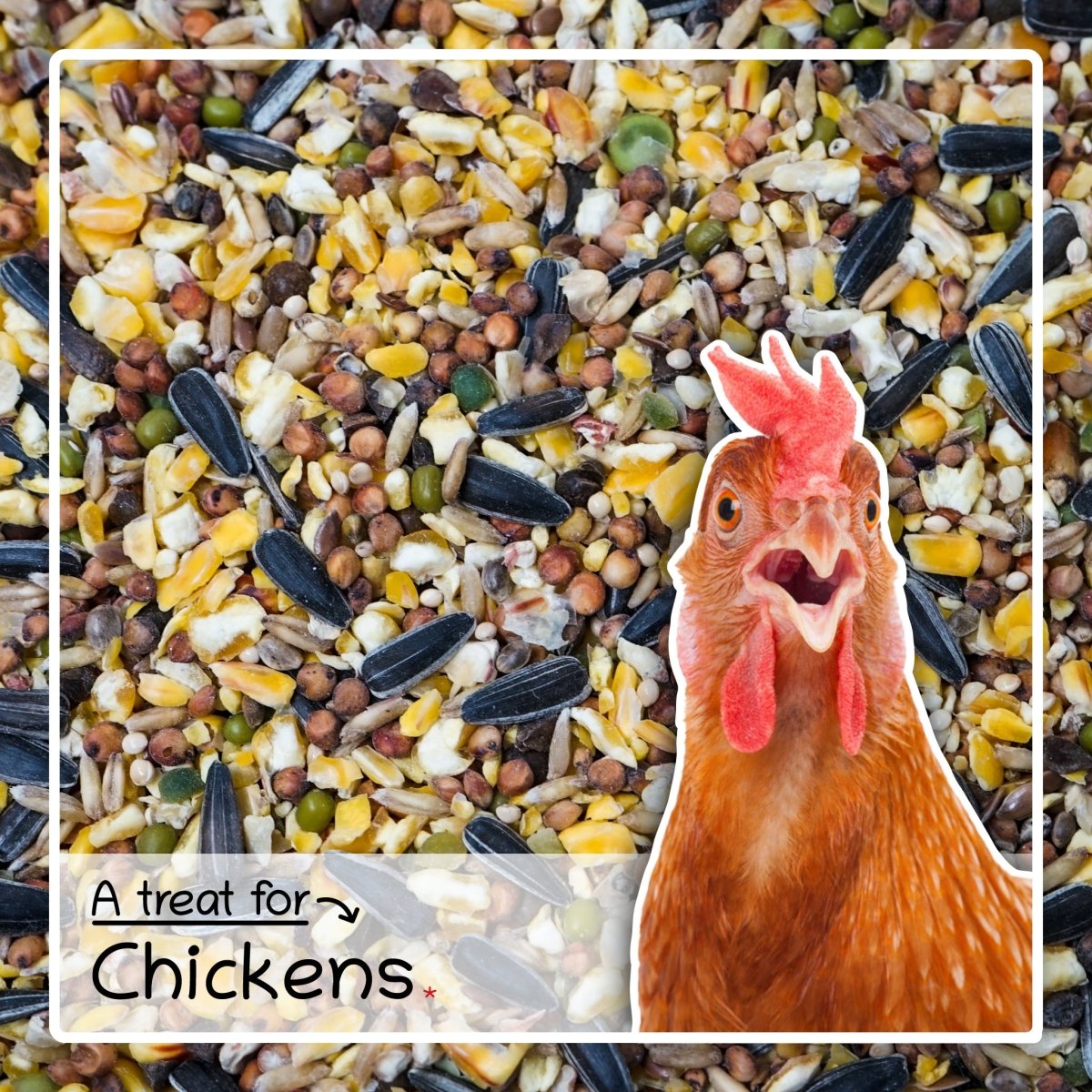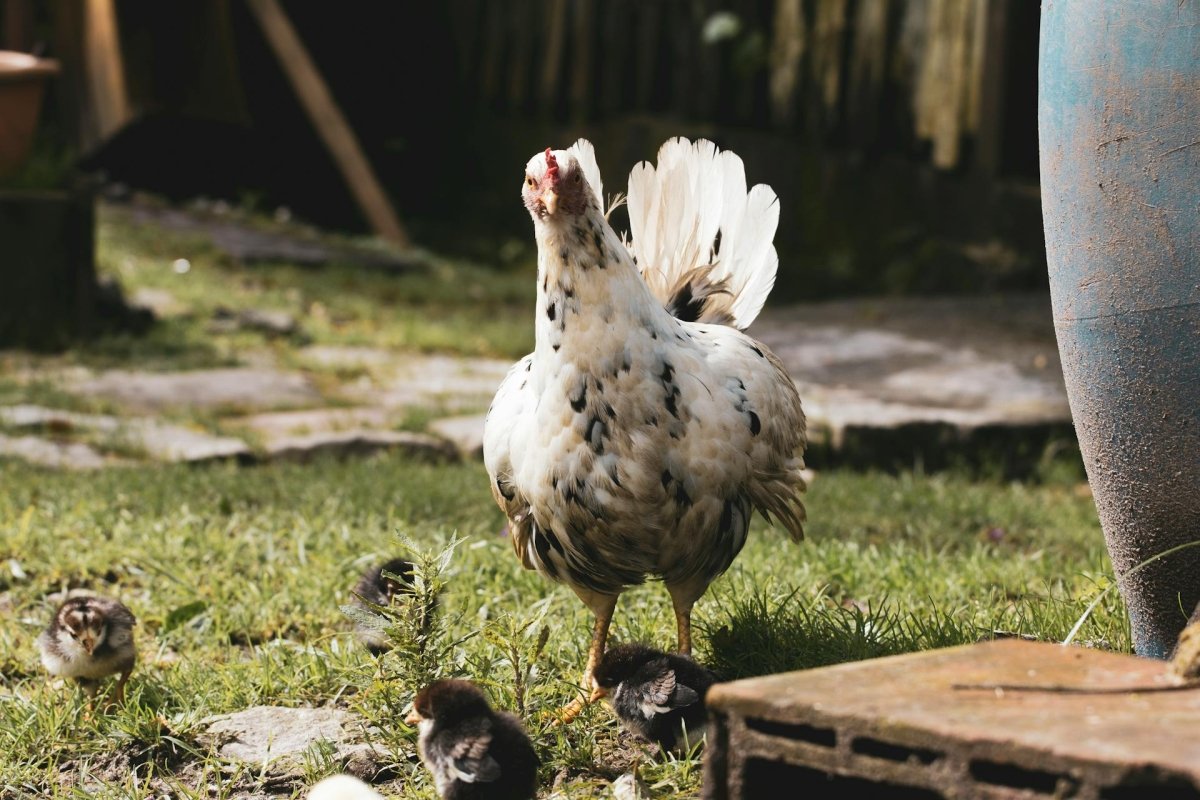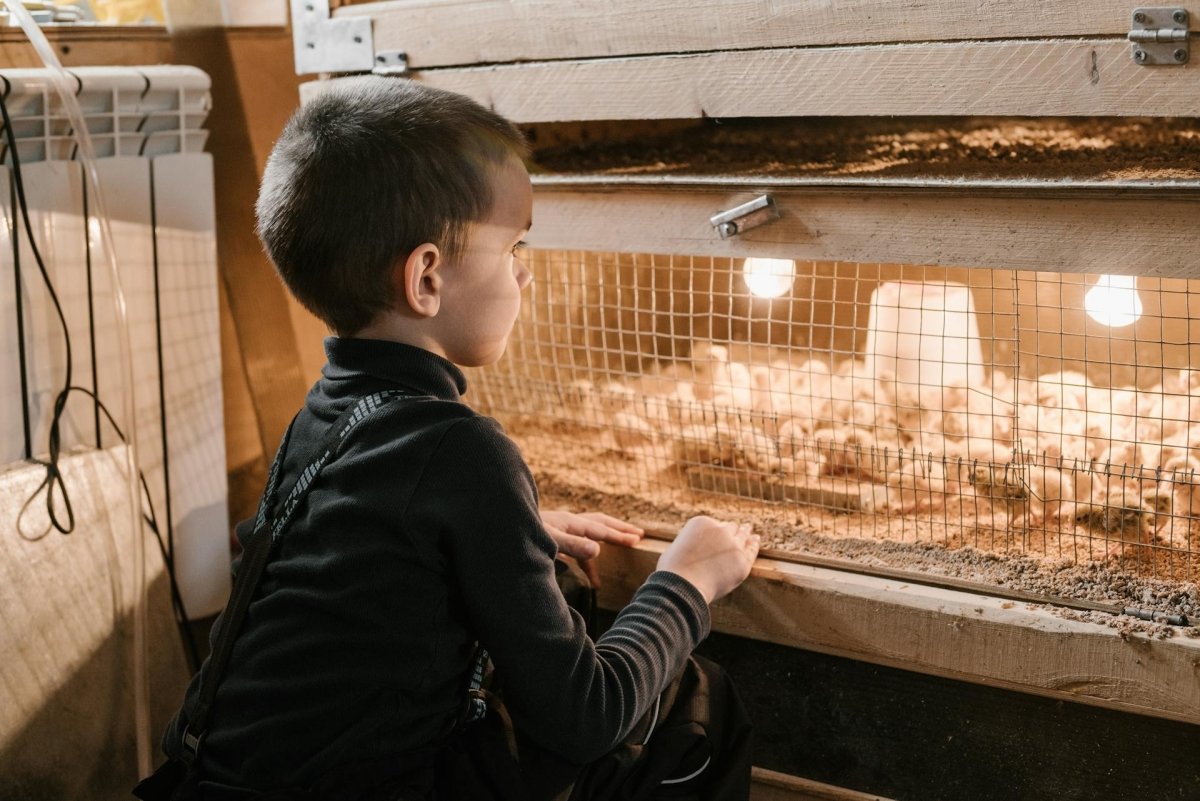
How to Keep Chickens Healthy and Maintain A Healthy Flock?
Raising a healthy chicken flock is essential not only for optimal egg production, but also for the overall well-being of your birds.
A thriving flock contributes to your backyard ecosystem and brings joy and sustainability to your home.
This article will provide essential tips on keeping your chickens healthy, covering key areas such as nutrition, environmental considerations, healthcare practices, and the importance of socialisation. So, with the right knowledge and dedication, you can ensure your chickens lead happy, productive lives.
Nutrition and Diet
A balanced diet is vital for keeping your chickens healthy, ensuring they receive the right mix of proteins, carbohydrates, vitamins, and minerals. While commercial feeds are formulated to provide these essential nutrients, supplementing their diet with fresh fruits, vegetables, and grains can enhance their overall health and well-being.
These whole foods offer additional vitamins and can improve the taste of their eggs. Moreover, it’s crucial to provide clean, fresh water at all times, as hydration plays a key role in their health, egg production, and digestion. Regularly checking and refilling water sources can help prevent dehydration and promote a thriving flock.
Housing and Environment
Maintaining clean and safe housing is crucial for the health of your chickens. A regular cleaning schedule helps prevent disease by removing waste and ensuring a hygienic environment. Bedding management is equally important; using absorbent materials like straw or wood shavings can keep the coop dry and comfortable.
Proper ventilation and natural light in the coop are essential for maintaining airflow and reducing moisture build-up, which can lead to respiratory issues. Additionally, each chicken requires adequate space to move freely and express natural behaviours.
A general guideline is to provide at least 4 square feet per bird inside the coop and 10 square feet in the run, ensuring they have room to roam, forage, and socialise effectively.
Regular Health Checks
Conducting regular health checks is vital for ensuring the well-being of your chickens. Observing their behaviour daily can help you identify any signs of illness, such as lethargy, changes in appetite, or abnormal droppings. Early detection of health issues can prevent the spread of disease within your flock.
Common health problems include respiratory issues, parasites like mites, and nutritional deficiencies. It's essential to be aware of these ailments and monitor your chickens for symptoms.
Additionally, vaccinations and preventative care play a crucial role in maintaining flock health. Regular veterinary check-ups can help catch potential issues early and ensure your chickens receive necessary vaccinations, keeping them safe and healthy.
Protecting Against Predators
Common predators such as foxes, raccoons, and hawks pose significant threats to backyard chickens. To secure the coop, ensure that it is built with sturdy materials, reinforced with hardware cloth, and fitted with secure locks. Additionally, consider enclosing the run with high fencing and burying it a few inches underground to prevent digging.
Pest Management
Effective pest management is essential to maintain a healthy flock. Pests like mites and lice can cause severe discomfort and health issues. Regularly inspect your chickens and their housing for signs of infestation. Natural remedies, such as diatomaceous earth and herbal treatments, can help control these pests. Maintaining a clean coop and proper bedding will also deter infestations and promote a healthy environment for your chickens.
Social Interaction and Enrichment
Chickens are inherently social animals, thriving in the company of their flock. Socialisation among flock members is crucial for their mental well-being and helps reduce stress. Keeping a balanced ratio of hens to roosters and ensuring they have companions can lead to a happier, healthier flock.
Chickens are inherently social animals, thriving in the company of their flock. Socialisation among flock members is crucial for their mental well-being and helps reduce stress. Keeping a balanced ratio of hens to roosters and ensuring they have companions can lead to a happier, healthier flock.
To keep chickens engaged and content, provide various enrichment activities such as pecking toys, dust baths, and climbing structures. Free-ranging allows chickens to forage for insects and plants, promoting natural behaviours and mental stimulation. These activities not only enhance their quality of life but also contribute to better overall health and productivity.
Seasonal Care
Summer Care:
During hot weather, it's essential to keep chickens cool and hydrated. Provide ample shade, such as trees or a tarp, and ensure they have access to fresh, cool water at all times. Consider adding ice to their water or providing frozen treats to help regulate their temperature.
Winter Care:
In colder months, adjust their diet to meet increased nutritional needs. Ensure the coop is well-insulated and dry, and provide heat sources if necessary. Straw or wood shavings can help insulate the floor, while ensuring proper ventilation prevents moisture build-up.
In summary, maintaining a healthy chicken flock involves proper nutrition, housing, regular health checks, and seasonal care. By being proactive in their care, you can ensure your chickens are happy and healthy.
The rewarding experience of keeping chickens not only provides fresh eggs but also fosters a strong bond between you and your flock. Invest time and effort into their well-being, and you will enjoy the benefits of a thriving, well-maintained flock.

















Leave a comment
This site is protected by hCaptcha and the hCaptcha Privacy Policy and Terms of Service apply.